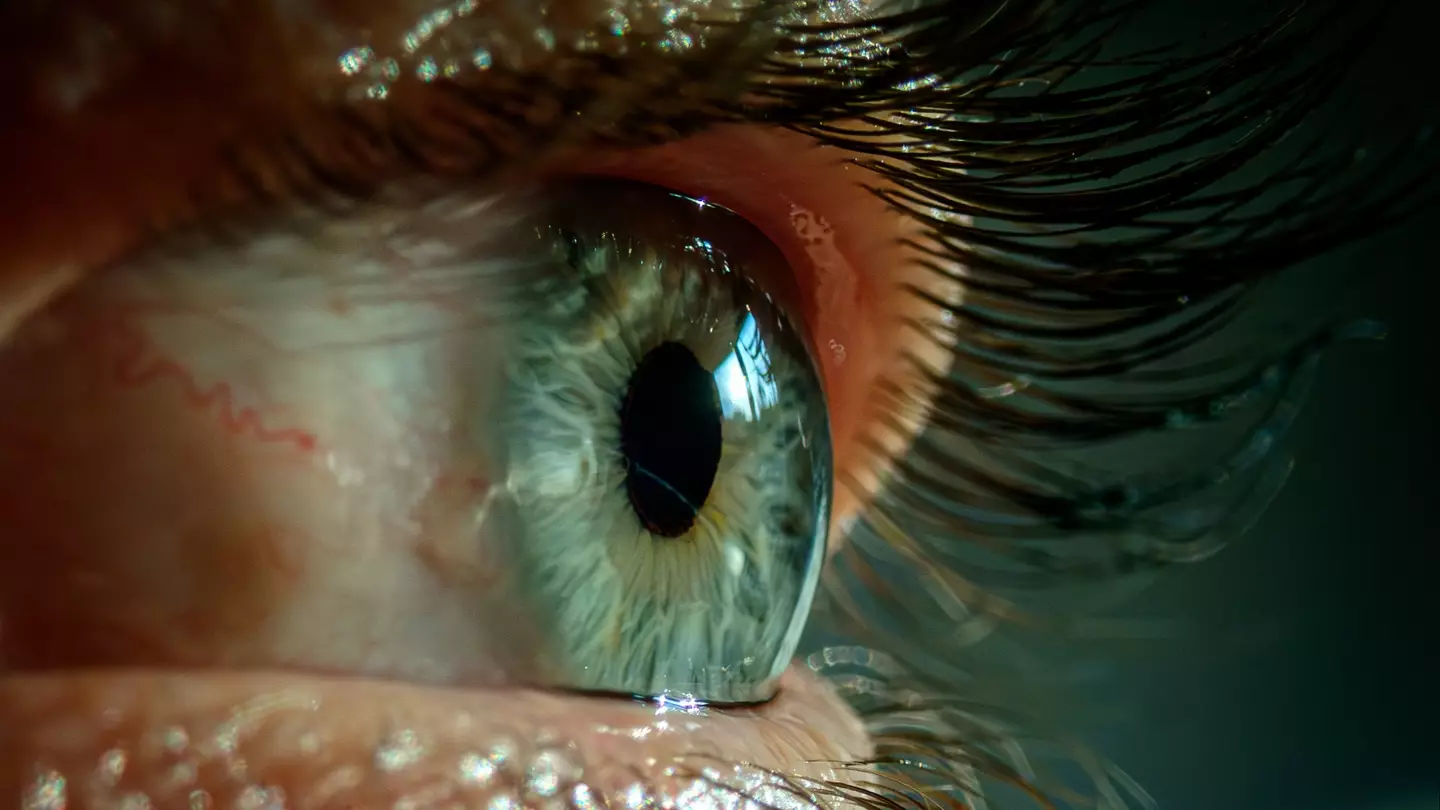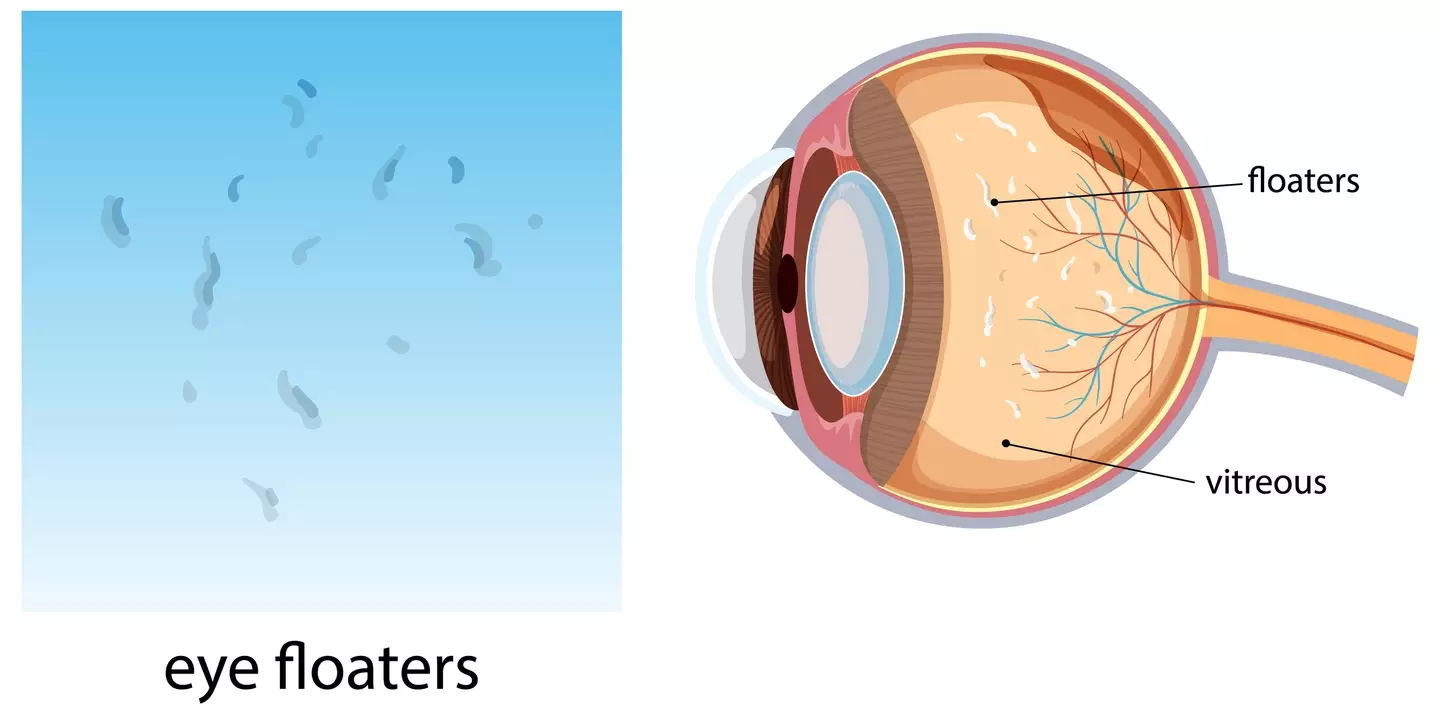
That 'ffs' feeling when you start noticing those little 'floater' thingies in your eyes is the worst.
It might not happen often, but when it does, you often think, 'What on Earth is actually going on'?
You might have to be a little patient for the smudges to go away on their own, but the truth is, they don’t completely disappear.
“I say [to patients], ‘These floaters will get less obvious with time’. Then I say, ‘I didn’t say they would go away. I mean it when I say they’ll get less obvious with time, but if you look at a blue sky or a white sheet of paper, you’ll still see them. If you look at a blank computer screen, you’ll still see them’,” retinal specialist Dr Steve Charles told Eye World.
Advert
The good news is that eye floaters are generally harmless, though there can be a cause for concern if the issue persists, according to a health expert.

Dr Daniel Polya, of the Royal Australian and New Zealand College of Ophthalmologists’, explains that eye floaters are small spots or threads that drift across your vision.
They are caused by tiny clumps of gel or cells inside the vitreous, the clear gel filling the eye.
“It's the condensation of the collagen fibres. Large molecules of collagen clog together and cast shadows on your retina, which you perceive as eye floaters,” he told Daily Mail Australia.
What the floaters can mean

While there is normally no need to worry about posterior vitreous detachment (PVD) - a common, usually harmless change in the eye’s gel - it can sometimes signal retinal problems.
For instance, a large floater may indicate a retinal tear that is treated with laser surgery, which makes early detection crucial.
“What's really disappointing is when someone will come in with retinal detachment from a posterior vitreous detachment that hasn’t been examined earlier,” the expert said.
“For those that get PVD, there's a five per cent chance it's developing a tear in the retina, and if a tear does occur, there's a 50 per cent chance of retinal detachment.
“PVD is common and not that disappointing to see, whereas retinal detachment is disappointing to see in a patient who could have had an earlier exam when they first got floaters.”
When to see an optician
Dr Polya thinks that it’s ‘so important to see an optician when a floater first appears’.
"Very rarely patients are persistently bothered by floaters," he noted.
"Laser surgery can also be performed to break up big, problematic floaters, but it has risks associated."
You can find out more about eye floaters on the NHS website.
Topics: Health